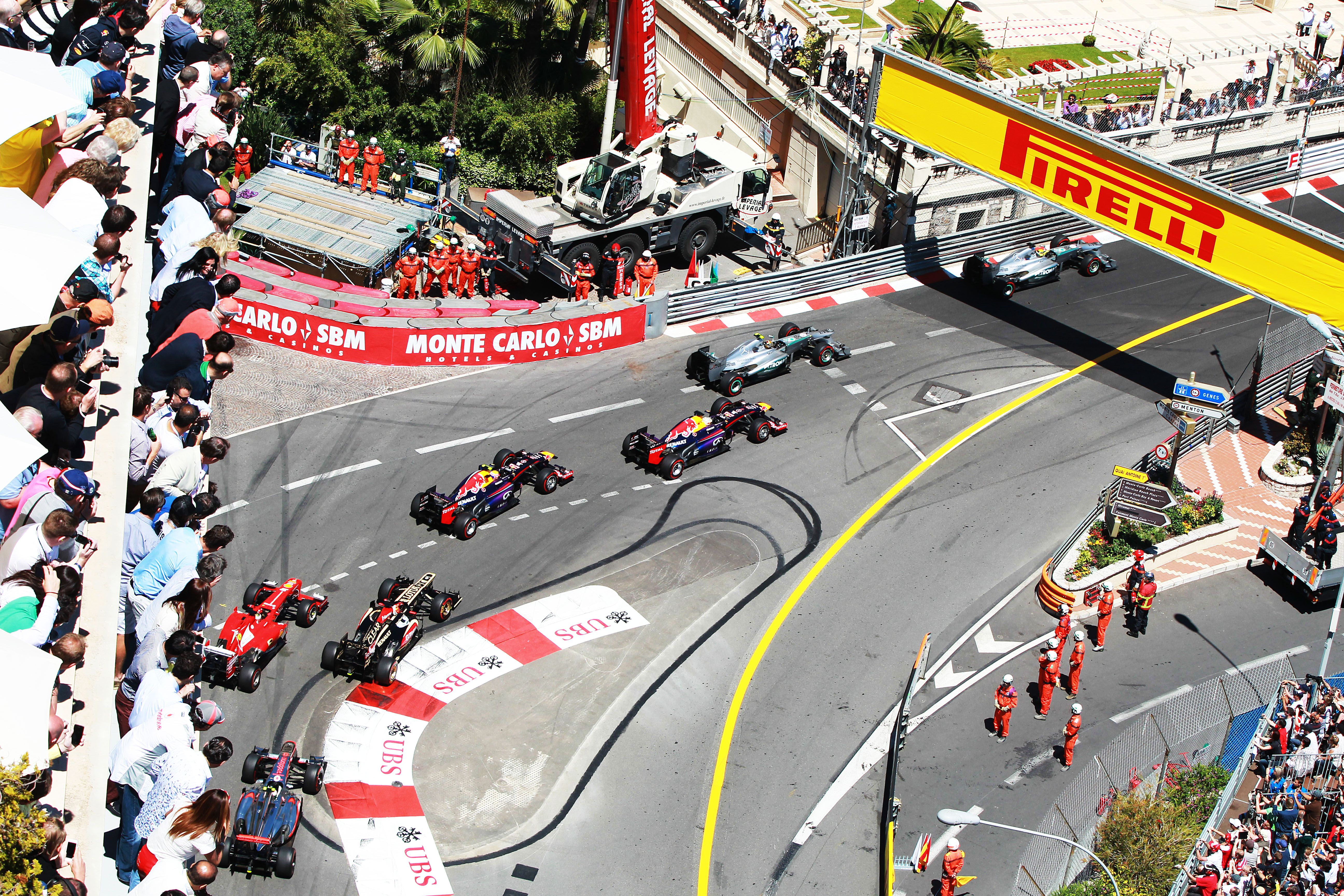Has F1 become too boring?
After the Monaco Grand Prix a few weeks ago, the drivers were quick to voice their opinions. “This is probably the most boring race ever,” said Fernando Alonso, and Lewis Hamilton chimed in with a similar sentiment: “Wow, it was intensely boring.” This was down to a tight circuit that doesn’t facilitate overtaking or racing, and the driver strategy of going slower to conserve tyres and avoid a pit stop – neither of which make for interesting viewing.
Former chief Bernie Ecclestone voiced a number of concerns about the sport being too complicated and not entertaining enough…
Then, most recently, the drivers took to the tarmac in Canada. Sebastian Vettel took the win in a race that will likely only be remembered for a model waving the chequered flag a lap too early. Again, viewers and drivers were complaining about a dull race, characterised by a general lack of overtaking and incident. In a subsequent interview, Vettel criticised what he called “short-sighted” people because an uneventful race was as inevitable as an uneventful round of any other sporting contest, but is that fair? Or are these races reflective of a larger problem in Formula One – is it getting too boring?
There has been a decline in F1 for some time and, last year, former chief Bernie Ecclestone voiced a number of concerns about the sport being too complicated and not entertaining enough for fans. This, he suggested, had helped contribute to F1’s decreasing viewership. As it happens, Ecclestone was ousted from his position when Liberty Media took over the sport – their solution is not to try and stop losing viewers as much as to replace them with an imagined larger American audience. While that may be a temporary solution, but there are some more fundamental issues to tackle that have a greater bearing on the sport.
The top-performing teams get massive paydays, which they can then invest into next year’s dominance…
A lot of the thrill of F1 is supposed to lie in seeing who will win, but we know that it is going to be Lewis Hamilton or Sebastian Vettel again – this is the only competition in the season, and neither of the drivers are particularly interesting personalities. The same teams dominate – the last time a driver won not representing Mercedes, Ferrari or Red Bull was at the start of the 2013 season – and there’s no excitement to be found watching a race with predictable results. This is notably the case on circuits like Monaco, where taking pole position is pretty much a guarantee of winning the race (as Riccardo did this year, despite engine issues).
Contributing to this is the obvious issue of money. In a somewhat self-fulfilling prophecy, the top-performing teams get massive paydays, which they can then invest into next year’s dominance, whereas backmarkers and struggling manufacturers are left with scraps and financial hardship. Given the huge cost of building a modern-day F1 engine (with the rise of environmentally-friendly regulations, teams are spending upwards of $20 million on them), the financial disparity means F1 has become all about survival of the richest.
Nobody wants to watch a procession of expensive cars follow each other round a track…
Historic tracks have been disappearing from the racing calendar, unable to pay the massive race hosting fees that global F1 demands, and the new tracks being added are simply not that interesting or enjoyable to watch. Kimi Raikkonen said that the Abu Dhabi Grand Prix was boring and “more like endurance racing” because the track requires significant fuel-saving. Russia’s Sochi circuit was introduced in 2014 to a poor reception (because of both the Putin regime’s reputation and the boring map it offered), and drivers openly criticised Azerbaijan’s Baku city circuit because, even excusing safety concerns over an extremely tight corner hugging a wall of the city’s castle, it looked awkward and contrived.
In a recent interview, Mercedes boss Toto Wolff said that “we mustn’t talk the sport down, as it is not broken. There are people who will say that they hate it and other will say that they love it. That is OK.” But that isn’t an accurate picture – fans, drivers and teams know this, and it’s the responsibility of those in charge of F1 to rectify the situation. Nobody wants to watch a procession of expensive cars follow each other round a track, but that’s what F1 is becoming. I don’t know if the rest of this season will bring any excitement to the table, but I expect a lot more dull races as a matter of course.

Comments (1)
I’m sooooo tired of Lewis Hamilton winning all the time.